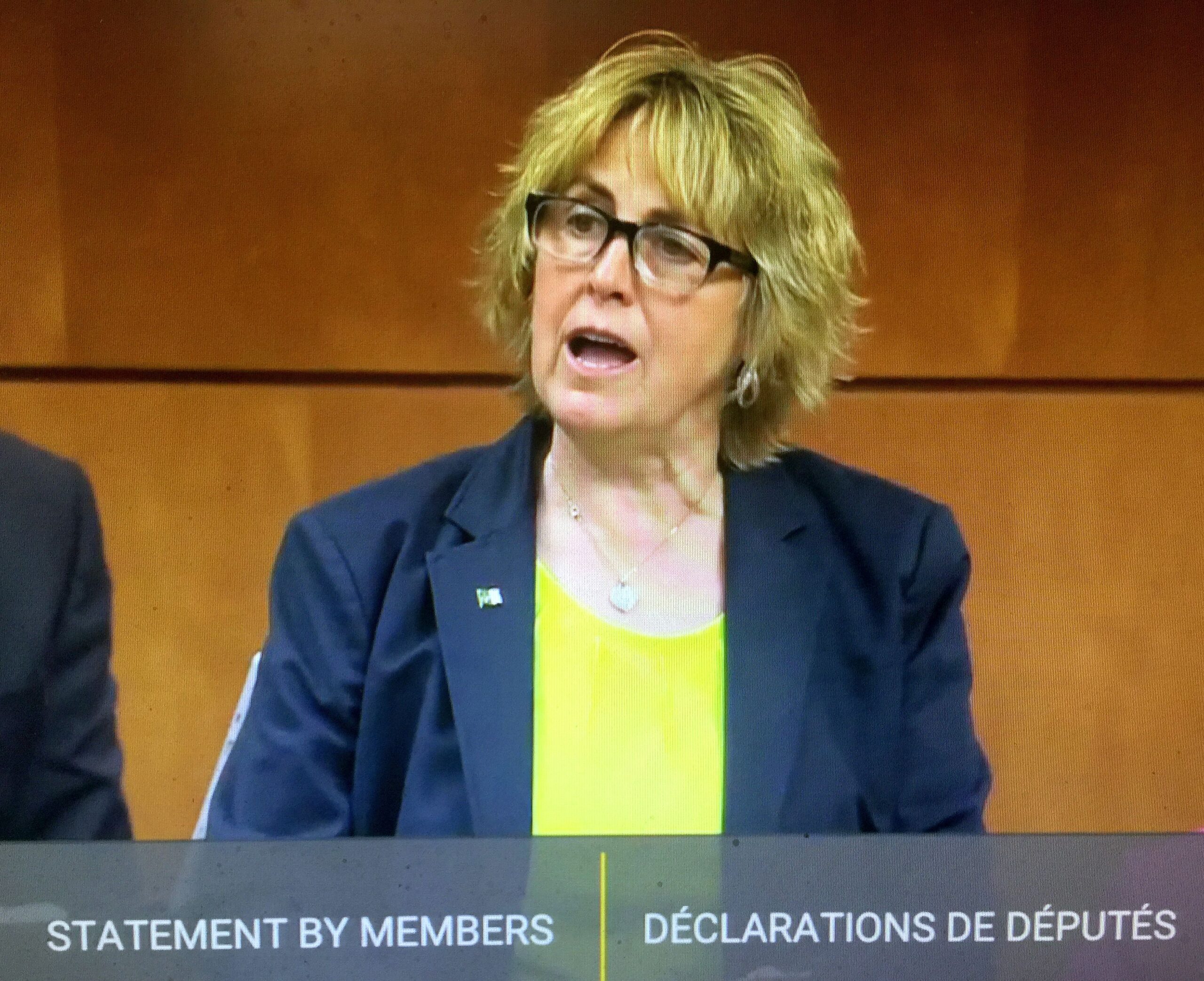The world is mourning the passing of Queen Elizabeth II at the age of 96. Her reign was impressive, spanning 70 years as queen of the United Kingdom and the Commonwealth which, at the time of her passing, included 15 sovereign states, including Canada, Australia and New Zealand. She was the longest-serving British monarch, and the second-longest serving monarch in history, behind only the 72-year reign of France’s King Louis XIV. She was coronated following the death of her father, King George VI, in 1952. She was predeceased by her husband, Prince Phillip, and her daughter-in-law, Diana, Princess of Wales.
Queen Elizabeth II’s reign was marked by significant changes across the world throughout the 20th and early parts of the 21st century. She was the head of state during major events in the UK and the Commonwealth, including the decolonization of Africa and the Caribbean throughout the 60s and 70s, the Suez Crisis, the U.K. Coal Miners’ Strike, wars in the Falkland Islands, the Gulf of Iraq, Bosnia, and Kosovo, and Brexit, among notable events.
Queen Elizabeth was generally loved by large swaths of Canadians, and her love for this nation was clear. In her first official visit in 1951, prior to her ascension to the throne, she described Canada as follows: “I am sure that nowhere under the sun could one find a land more full of hope, of happiness and of fine, loyal, generous-hearted people. They have placed in our hearts a love for their country and its people which will never grow cold and which will always draw us to their shores.” Her love of Canada never wavered, and, to this day, Canada was the Commonwealth country she visited the most, with 22 official visits.
While she, and by proxy the Crown, was officially politically neutral, and it was a royal tradition to not weigh in on domestic issues, there were moments when she let her thoughts shine through. For example, she was in Canada in 1990 for an official visit, at the same time as discussions surrounding the Meech Lake Accord were being conducted. During her visit, she said of the concern of the prospect of Quebec leaving Canada, “I’m not just a fair weather friend, and I’m glad to be here at this sensitive time. … The unity of the Canadian people and their will to live together will be tested in the months ahead,” and noted that she trusted to see a united Canada upon her next visit.
In the months and years ahead, it seems likely that conversations surrounding the role of the Crown and our place in the Commonwealth will certainly be revisited. In recent years, several nations have either discussed leaving the Commonwealth or have already left. Barbados is the most recent nation to leave the Commonwealth and become a republic. But even as they worked to amend their constitution, and nominated their first president, Queen Elizabeth sent a message of congratulations, stating “As you celebrate this momentous day, I send you and all Barbadians my warmest good wishes for your happiness, peace and prosperity in the future.”
This is also an important moment to listen to those impacted by the history of colonization in Canada, and the impact Indigenous leaders believe the monarchy has had on their peoples. With the passing of the Queen, and the Papal visit this summer, there are renewed calls for the Crown to abandon the Doctrine of Discovery, which Canada has officially abandoned with the passing of last years United Nations Declaration on the Rights of Indigenous Peoples’ bill, C-15. Prominent Indigenous leaders have taken a measured response to this issue, with Roseanne Archibald, National Chief of the Assembly of First Nations, stating “As many mourn the passing of Queen Elizabeth II, let’s remember that grief & accountability can exist in the same space, simultaneously.”
For many Canadians, the passing of Queen Elizabeth is a somber moment in time, particularly as most Canadians have never known another Sovereign in their lifetime until now. As we extend our deepest condolences to the Royal Family as they mourn the passing of their beloved matriarch and wish King Charles III peace and prosperity across the Commonwealth.



